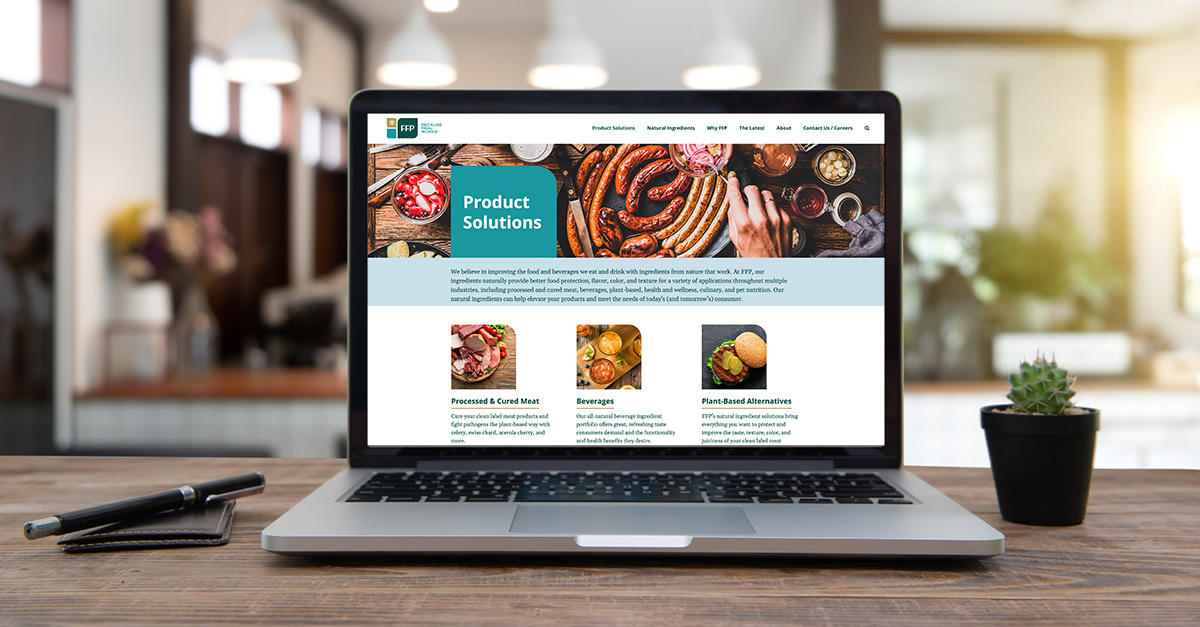Have you ever read a piece of content that left you with more questions than answers? Maybe a social post included an interesting statistic but did not mention the original source for the research. Or, an eblast contained five different topics with no clear intention, so you didn’t bother reading the whole thing. If you’ve ever come across similar content and were left frustrated for wasting your time, you know just how important clear and concise copywriting is to create highly engaging content that converts.
B2B vs B2C Copywriting
Not all writing styles are the same. B2C copywriting tends to focus on the consumers’ desires, demands and needs—so they are targeted directly with emotional messaging and visuals. In a B2B industry, we’re talking to a different audience who has decision-making powers in a business. And while many key stakeholders are also consumers outside of work, they’re searching for a professional, experienced and quality partner that can take their business to the next level.
B2B copywriting takes a “thought leadership” approach to establish trust and confidence. With higher stakes, decision makers in B2B focus on facts, logic and strategies that provide visible results. Mistakes in this segment have higher repercussions; therefore, it’s necessary to communicate clear, specific and tailored messages to partners in this space.
Great B2B copywriting is also memorable and consistent which, in the long run, helps your brand in the following ways:
- Generating awareness
- Positioning you as a trusted authority
- Converting to sales
B2B Copywriting Comes in Many Forms
B2B copywriters generally focus on two things: creativity and clarity. Since the information is shared with industry professionals, it’s more than likely this audience is looking for technical language which speaks to them and what they do. Many of these key decision makers are also short on time, as they take on many roles within their companies, making it that much more critical to keep your copy concise while also displaying relevant information in the headlines, subheads or bullets, for skimmability.
Here are some common B2B content types copywriters typically work with:
- Websites
- Ebooks
- Blog posts
- White papers
- Brand stories
- Success stories
- Press releases
- Case studies
- Video scripts
- Email campaigns
- Ads
- Social media posts
- Product descriptions
Writing Copy That Converts
According to Nielsen Norman Group, 20+ years of eye-tracking research proved that most internet users only skim around a webpage for relevant info. So, how does a B2B copywriter make the most of any deliverable? They utilize the following strategies:
- Follow best practices for eblasts, blogs, video scripts, white papers and other assets
- Write strong CTAs that are effectively placed where applicable
- Link to relevant landing pages, forms, resources, etc.
- Craft unique subject lines and headlines to capture the readers’ interest
- Keep trends in mind, always supporting their research with statistics
- Visualize how copy and graphics/images can work together to simplify ideas or research
Copywriting Tips: B2B Food and Beverage
One of the most important aspects of copywriting within the B2B food and beverage industry is understanding how to target multiple audiences simultaneously and learning to persuade them. Each person, whether a marketer, product developer or purchaser, sees different challenges within their company, so they may have different needs.
A marketing specialist, for example, may be more interested in the benefits of your company’s product or ingredient, as this impacts how they can market your brand to consumers. They may focus on:
- Front-of-pack (FOP) claims
- Clean label
- Reduced sugar
- Gluten free and more
Someone in research and development, on the other hand, will want to know the features and benefits of your ingredients and what effects it may have on their formulation. They’ll gauge this by searching for information about how your brand’s ingredients will affect:
- Taste
- Texture
- Functionality
- Mouthfeel and more
Someone in purchasing wants to know the cost of your product. They might also be interested in understanding how your product can be stored—whether it has a long shelf life or not—to determine how to keep their inventory costs under control.
As the B2B industry continues to evolve and additional technologies and innovations are used, a great copywriter will understand the following strategies to keep their writing personalized and relevant:
- Food industry trends
- Industry buzzwords
- Changing regulations around claims
- Acceptable words
- SEO keywords to improve engagements and clicks
Are you in the B2B industry, looking for ways to optimize your content? The experienced copywriting team at ColinKurtis understands the importance of best practices and how original and relevant content outperforms all else. Check out samples of our copywriting work here. Reach out to Mitch Robinson at Mitch@colinkurtis.com or call 815-965-6657 EXT. 1 to learn more about our copywriting services.
Blog post from:
Debra Tucker
Vice President, Creative Director


Leave A Comment